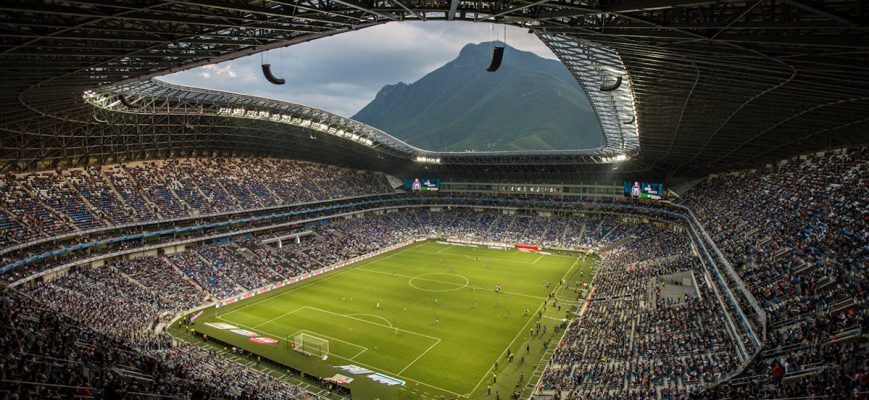The Impact of High-Quality, Culturally Aware Translation
Every four years, the FIFA World Cup brings together the world’s most passionate football fans, uniting people across continents, cultures, and languages. But behind the roar of the crowds and the drama on the pitch lies a quieter, yet indispensable force — translation and interpretation. Without it, the World Cup would be far less accessible and inclusive.
Engaging a Global Fanbase
One of the most obvious ways translation powers the World Cup is by making content accessible to fans in their native languages. For example, the FIFA+ digital platform was expanded to ten languages (including Arabic, Indonesian, Italian, Japanese, Korean) ahead of the 2022 World Cup, broadening global accessibility.
During matches, multilingual commentary helps millions of viewers follow the action in real time, regardless of their home language. FIFA has also expanded into sign language interpretation for deaf or hard-of-hearing fans. On Social Media translated content — from match highlights to promotional campaigns — enables FIFA, sponsors, and media partners to engage different language communities.
Host countries welcome millions of international visitors, and at any World Cup venue, fans from dozens of countries converge. Multilingual signage, guides, safety instructions, menus, transportation information, and event programs help fans navigate, feel welcomed, and participate fully.
This kind of linguistic inclusivity isn’t just good for fans — it’s smart business. Offering content in multiple languages can increase revenue, boost brand reputation, and foster brand loyalty.
Marketing, Branding, and Sponsorship
Major brands invest enormous resources in World Cup campaigns. But a message that resonates in one language might fall flat — or even offend — in another. High-quality translation and localization guarantee that promotional content is culturally appropriate, emotionally impactful, and globally consistent.
Communication Among Teams, Officials and Media
Beyond the pitch, the World Cup is also a complex diplomatic and media event. Interpreters are essential for post-match interviews, press briefings, and media availability. They ensure that coaches, players, and journalists can communicate seamlessly, no matter their language.
Translation is also required for internal documents, regulatory materials, legal texts, and logistical guides to coordinate referees, staff, and delegations from around the world. Imagine the damage a mistranslation could cause? Potentially affecting everything from match logistics to global press coverage.
Maintaining Accuracy and Trust
Because the World Cup is such a high-stakes global event, the quality and reliability of translation matter deeply.
- Professional Standards: Professional translators, like those working for FIFA, always translate into their native language, which ensures fidelity and fluency.
- Quality Control: Translation Quality Assurance processes ensure every document is reviewed by at least two linguists to catch errors and ensure consistency.
- Terminology & Speed: Translators must be experts not only in language but in football terminology. They also work under tight deadlines: news breaks fast in sports, and timely, accurate translation is essential.
This rigorous approach both preserves clarity and builds trust among global stakeholders — fans, media, teams, and partners alike.
Read more: What is Quality translation?
The Broader Value of Translation for Global Events
The World Cup serves as a prime example of why multilingual translation is vital for any truly global event:
- It enables participation from diverse linguistic communities.
- It supports diplomacy and media relations at the highest level.
- It embodies values of inclusivity and cultural respect.
- It drives business, both for event organizers and language service providers.
By investing in translation, FIFA (and other global organizations) don’t just communicate — they connect.
Conclusion
Translation is the invisible engine that helps the FIFA World Cup operate on a global scale. Translators and interpreters make it possible for people around the world to share in the excitement of this remarkable event.
For translation professionals and agencies, the World Cup is a powerful showcase: it demonstrates not only the need for linguistic expertise, but also the impact that high-quality, culturally aware translation can have on inclusion, engagement, and global reach.
Whether you’re creating digital content, planning marketing campaigns, managing events, or expanding into new markets, professional translation ensures your message resonates across languages and cultures. If you want your message to travel as far and wide as the world’s greatest sporting event, it’s time to invest in multilingual communication. The world is listening. Make sure you’re speaking their language.

